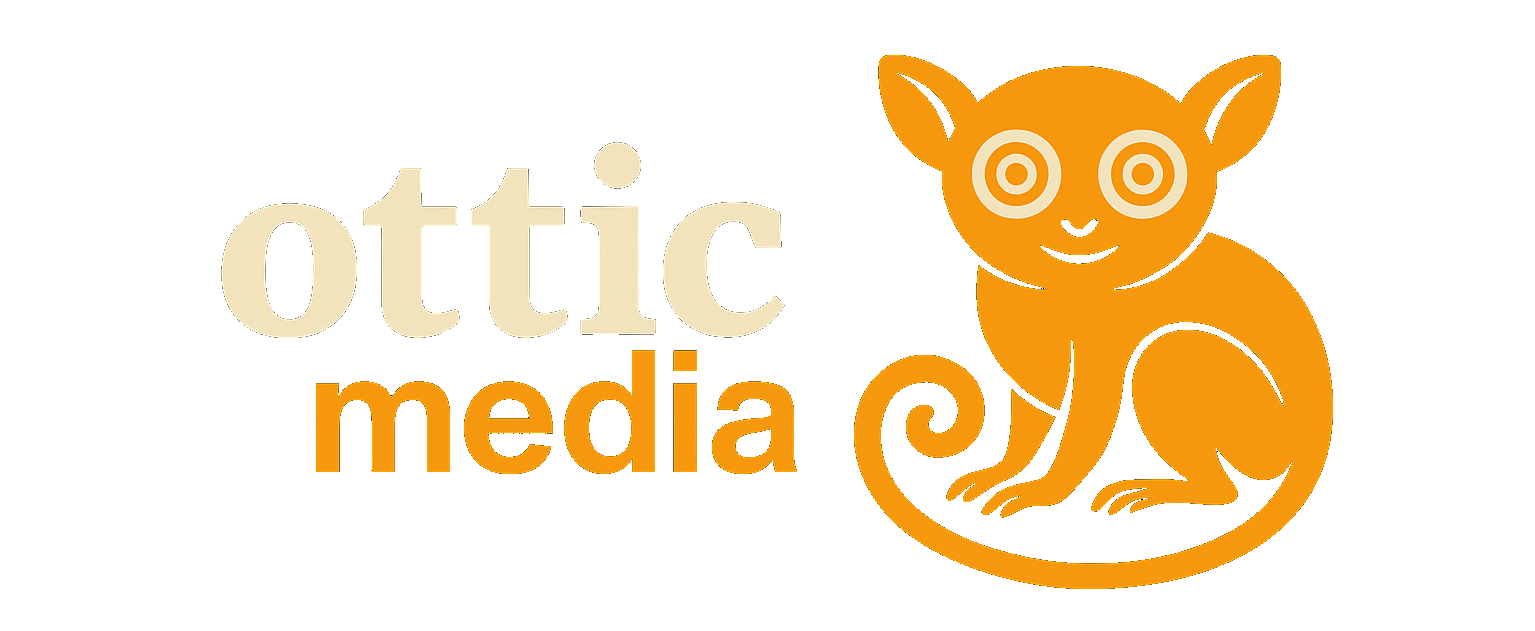In the ever-evolving world of communication technology, privacy and accessibility have become paramount concerns for users. Jack Dorsey, the co-founder of Twitter (now X) and Block Inc., has recently introduced a novel solution that addresses these issues head-on: Bitchat, a decentralized messaging platform that operates entirely over Bluetooth. This innovative app aims to provide censorship-resistant communication without relying on the internet, making it a game-changer in the realm of secure messaging.
The Vision Behind Bitchat
Jack Dorsey unveiled Bitchat as a project he developed over a weekend, primarily as a learning exercise to explore mesh-based services. However, its potential implications extend far beyond a simple experiment. Dorsey’s vision is to create a messaging platform that prioritizes user privacy and operates independently of centralized infrastructure. This aligns with his long-standing advocacy for free expression and resistance to online censorship.
How Bitchat Works
Bitchat leverages Bluetooth Low Energy (BLE) mesh networks to facilitate peer-to-peer communication. Unlike traditional messaging apps that require internet access, Bitchat allows users to send and receive messages within a physical range, even in areas with no Wi-Fi or cellular connectivity. The app’s multi-hop design extends the effective range beyond direct Bluetooth connections, enabling messages to be relayed through nearby devices until they reach the intended recipient.
Key Features of Bitchat
-
Decentralized Mesh Network: Each device acts as both a client and a server, automatically discovering and connecting to nearby peers. This decentralized approach ensures that messages are relayed securely without the need for centralized servers.
-
End-to-End Encryption: Bitchat uses X25519 key exchange and AES-256-GCM encryption for private messages, ensuring that only the intended recipient can read the content. Digital signatures further authenticate messages, preventing tampering and impersonation.
-
Ephemeral Messaging: By default, messages exist only in device memory and are not stored permanently. This ephemeral nature enhances privacy by minimizing the risk of data breaches or unauthorized access.
-
Store-and-Forward System: Bitchat caches messages sent to temporarily offline devices, holding them for up to 12 hours or indefinitely for selected favorites. Once the recipient’s device reconnects to the mesh network, the messages are automatically delivered.
-
No Personal Identifiers: The app does not require phone numbers, emails, or any other personal information. Users can communicate anonymously, further protecting their privacy.
-
Room-Based Messaging: Bitchat supports group chats with optional password protection, allowing users to create secure and private channels for specific topics or communities.
Potential Use Cases
Bitchat’s unique features make it suitable for a variety of scenarios where traditional messaging apps fall short:
-
Protests and Activism: During large-scale protests, internet access is often restricted or monitored by authorities. Bitchat’s offline, decentralized nature allows activists to communicate securely without fear of censorship or surveillance.
-
Emergency Situations: In areas affected by natural disasters or internet outages, Bitchat can serve as a reliable means of communication, helping people stay connected and informed.
-
Public Gatherings: At music festivals, sports events, or other crowded places where mobile services are unreliable, Bitchat enables users to easily locate friends and share information.
Future Developments
While Bitchat is currently in its early stages, Dorsey has hinted at future enhancements. For instance, support for Wi-Fi Direct could significantly increase the range and speed of message transmission. Additionally, the app’s open-source nature allows developers to contribute to its evolution, potentially adding new features and improving its performance.
Conclusion
Jack Dorsey’s Bitchat represents a bold step towards a more private and resilient communication ecosystem. By harnessing the power of Bluetooth mesh networks and end-to-end encryption, Bitchat offers a secure and decentralized alternative to traditional messaging apps. As concerns over online privacy and censorship continue to grow, Bitchat’s innovative approach could pave the way for a new generation of communication tools that prioritize user freedom and security. Whether it becomes a widely adopted solution remains to be seen, but one thing is clear: Bitchat has the potential to change the way we think about messaging.

